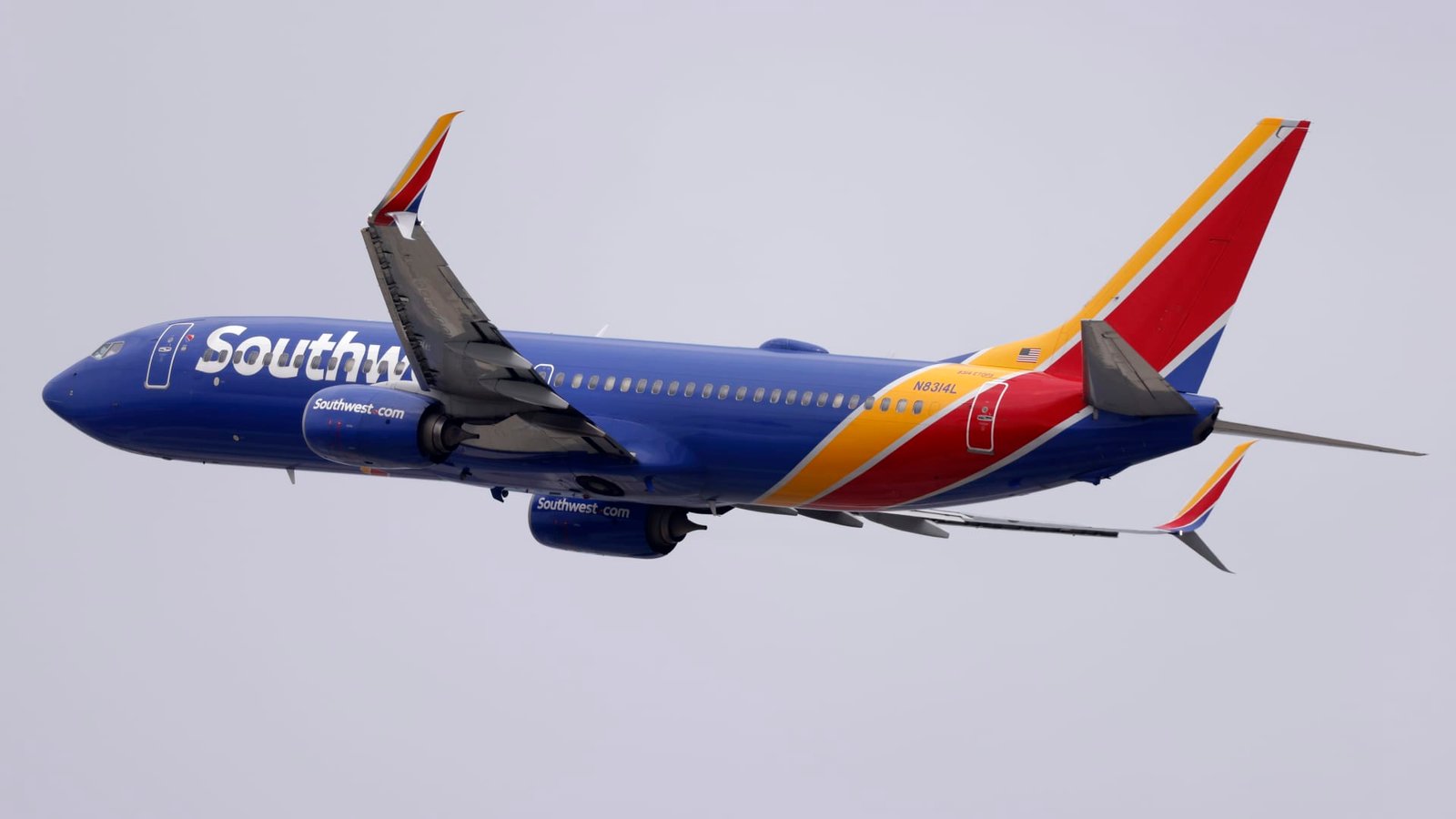In this article, the Department of Transportation filed a lawsuit against Southwest Airlines on Wednesday, accusing the airline of running consistently delayed flights and imposed fines on Frontier Airlines for flights arriving late. This legal action comes after JetBlue Airways was fined $2 million by the DOT for similar complaints.
The lawsuit and penalties were issued towards the end of the Biden administration, which has shown a stricter stance on consumer protection compared to previous administrations. The DOT highlighted that Southwest’s flights from Chicago Midway International Airport to Oakland, California, and from Baltimore to Cleveland were late almost 200 times between April and August 2022.
The DOT stated that each flight was persistently delayed for five consecutive months, with Southwest being accountable for over 90% of the delays. A flight is classified as chronically delayed if it is operated at least 10 times a month and arrives more than 30 minutes late more than half the time, including cancellations and diversions.
The DOT’s lawsuit, filed in U.S. District Court in Oakland, California, emphasized the importance of airlines adjusting schedules for consistently delayed flights. Southwest responded by expressing disappointment in the DOT’s decision to litigate over two flights that occurred more than two years ago.
Southwest highlighted its compliance with the DOT’s chronically delayed flight policy since 2009, operating over 20 million flights without policy violations. The airline stated that the claim of unrealistic scheduling for the two flights is not credible when considering its performance over the past 15 years.
Additionally, the DOT fined Frontier Airlines $650,000 for operating chronically delayed flights, with a provision to suspend $325,000 if the airline avoids repeatedly delayed flights in the next three years. Frontier chose not to provide a comment on the matter.




